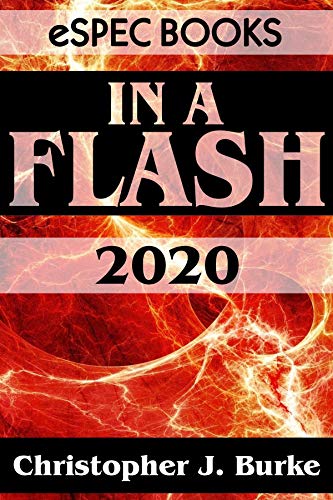Now that I'm caught up with the current New York State Regents exams, I'm revisiting some older ones. The Integrated Algebra Regents covered most of the same material as the current Algebra Regents, with a few differences.
More Regents problems.
Integrated Algebra Regents, January 2011
Part I: Each correct answer will receive 2 credits.
16. Which data set describes a situation that could be classified as
quantitative?
1) the phone numbers in a telephone book
2) the addresses for students at Hopkins High School
3) the zip codes of residents in the city of Buffalo, New York
4) the time it takes each of Mr. Harper’s students to complete a test
Answer: 4) the time it takes each of Mr. Harper’s students to complete a test
This problem is a great reminder that just because data is numeric, it doesn't mean that it's automatically quantitative. All four choices are at least partly numeric.
This is also a good instance of "one of these things is not like the others" if you are apt to confuse quantitative with qualitative data.
Three of the choices are descriptions of things. Three of these are things that you wouldn't find averages of, and medians would have no statistical significance at all.
The only one that have values that you might want to put on, say, a box-and-whisker plot would be the time it takes students to complete a test, which is Choice (4).
17. Which is the graph of y = |x| + 2?
Answer: 3) [See image]
The graph of an absolute value function is V-shaped or the inverse, which is Choice (3).
Choice (1) shows a linear function.
Choices (2) and (4) show quadratic functions.
18. Sam’s grades on eleven chemistry tests were 90, 85, 76, 63, 94, 89,
81, 76, 78, 69, and 97. Which statement is true about the measures of
central tendency?
1) mean > mode
2) mean < mode
3) mode > median
4) median = mode
Answer: 1) mean > mode
Put the data in order to find the median. This will also make it easier to find the mode.
63, 69, 76, 76, 78, 81, 85, 89, 90, 94, 97.
The median is the 6th number, which is 81. The mode is 76 because it's the only number to appear twice.
The median =/= the mode, so eliminate Choice (4), and it isn't greater than the mode, so eliminate Choice (3).
That means you need to find the mean, which is the sum of the data, divided by 11 (because there are 11 pieces of data).
63 + 69 + 76 + 76 + 78 + 81 + 85 + 89 + 90 + 94 + 97 = 898
898 / 11 = 88
So the mean is greater than the mode, which is Choice (1).
19. Which interval notation represents the set of all real numbers greater
than 2 and less than or equal to 20?
1) (2,20)
2) (2,20]
3) [2,20)
4) [2,20]
Answer: 2) (2,20]
Note that it says greater than 2 but not equal to 2. However, it also says less than or equal to.
This should clue you in that you want two different symbols. Now, if you had to guess (and I hope you know and don't have to guess), would think ">" was the same at "(" or "[". Think about the Open and Closed circles on number lines. Think of the solid and dashed lines on coordinate planes.
Okay, x > 2 and x < 20 can be written as 2 < x < 20. The first < becomes a parenthesis in the front. The x is dropped because this is shorthand and it isn't needed. It's understood to be there. The final < becomes a square bracket.
Choice (1) shows 2 < x < 20.
Choice (2) shows 2 < x < 20, which is what we want.
Choice (3) shows 2 < x < 20.
Choice (4) shows 2 < x < 20.
20. What is the sum of 3/(2x) and 7/(4x)?
1) 21/(8x2)
2) 13/(4x)
3) 10/(6x)
4) 13/(8x)
Answer: 2) 13/(4x)
To add two fractions, you need a common denominator. You can find one by multiplying the first fraction by 2/2.
6/(4x) + 7/(4x) = 13/(4x), which is Choice (2).
the whole point of a common denominator is that is doesn't change. One-half a dollar plus one-half a dollar is a whole dollar. So 1/2 + 1/2 would not equal 2/4, which simplifies to 1/2. Right?
More to come. Comments and questions welcome.
More Regents problems.
I also write Fiction!You can now preorder Devilish And Divine, edited by John L. French and Danielle Ackley-McPhail, which contains (among many, many others) three stories by me, Christopher J. Burke about those above us and from down below. Preorder the softcover or ebook at Amazon. Also, check out In A Flash 2020, by Christopher J. Burke for 20 great flash fiction stories, perfectly sized for your train rides. Available in softcover or ebook at Amazon. If you enjoy it, please consider leaving a rating or review on Amazon or on Good Reads. |
 |
 |


No comments:
Post a Comment